INTERNACIONAL
Federal appeals court throws roadblock at Trump’s education reform agenda
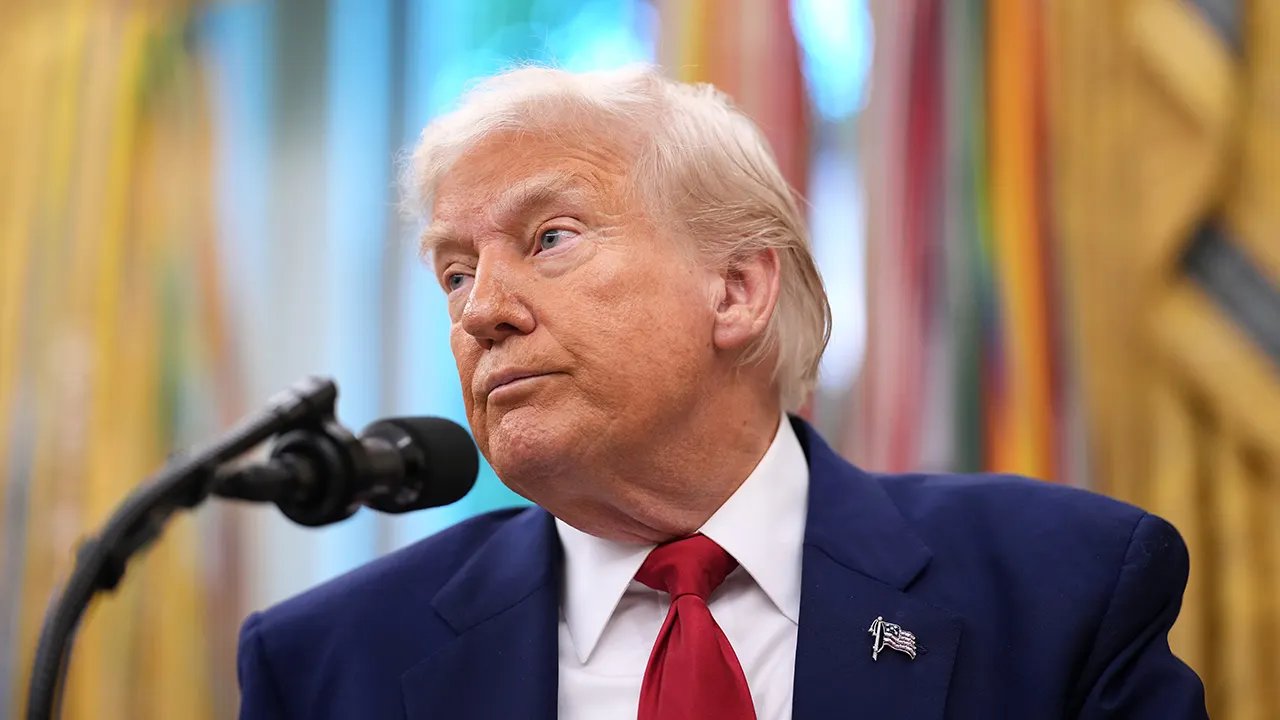
NEWYou can now listen to Fox News articles!
A federal appeals court refused to grant the U.S. Department of Education’s (DOE) request to put a temporary halt on a district judge’s preliminary injunction last week, preventing the Trump administration from moving ahead with plans to dismantle the department.
Washington, D.C., and two states previously requested the court to halt the announced DOE and Trump administration’s planned Reduction in Force (RIF) of half of the remaining employees at the DOE, as well as the closure of the department.
The dismantling was announced on March 11, 2025, and two days later, the Secretary of Education, Linda McMahon, President Donald Trump and others were sued in the District of Massachusetts.
Following suit, five labor organizations and two school districts did the same.
TRUMP ADMINISTRATION ASKS SCOTUS TO APPROVE DEI-RELATED EDUCATION CUTS
The plaintiffs requested the court for an injunction against the transfer of certain functions out of the Department, which Trump announced on March 21.
The District Court merged the two cases, and after reviewing the factual findings, issued an order to place a stop on the president’s actions.
The Trump administration appealed the decision and requested a temporary stop to the district court’s order, but on Wednesday that request was denied.
WASHINGTON AG JOINS COALITION SUING TO BLOCK TRUMP’S ORDER TO DISMANTLE DEPARTMENT OF EDUCATION
U.S. President Donald Trump speaks during a swearing in ceremony for interim U.S. Attorney for Washington, D.C. Jeanine Pirro in the Oval Office of the White House on May 28, 2025 in Washington, DC. Trump has announced Pirro, a former Fox News personality, judge, prosecutor, and politician, after losing support in the Senate for his first choice, Ed Martin, over his views on the January 6, 2021 attack on the U.S. Capitol. (Andrew Harnik/Getty Images)
«What is at stake in this case, the District Court found, was whether a nearly half-century-old cabinet department would be permitted to carry out its statutorily assigned functions or prevented from doing so by a mass termination of employees aimed at implementing the effective closure of that department,» the court of appeals wrote. «Given the extensive findings made by the District Court and the absence of any contrary evidence having been submitted by the appellants, we conclude that the appellants’ stay motion does not warrant our interfering with the ordinary course of appellate adjudication in the face of what the record indicates would be the apparent consequences of our doing so. The appellants’ motion for a stay is denied.»
Republican senators, in April, introduced the «Returning Education to Our States Act» after Trump signed an Executive Order to close the DOE in March.
If passed, the bill would redirect portions of the department to other federal agencies, such as the Departments of Interior, Treasury, Health and Human Services, Labor, Defense, Justice and State.
DEPARTMENT OF EDUCATION SIGNIFICANTLY DISMANTLED IN NEW TRUMP EXECUTIVE ORDER
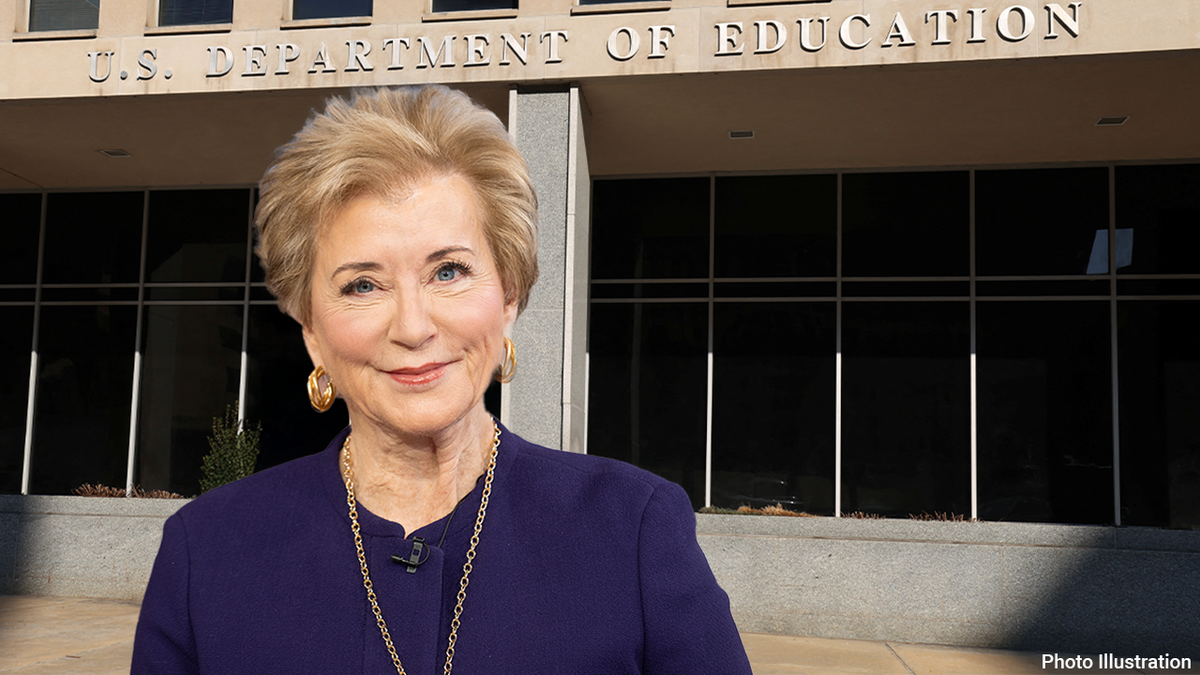
Education Secretary Lina McMahon announced the department would cut nearly 50% of its workforce. ((Getty Images/Reuters/Fox News Digital))
«The Department of Education was created to collect education data and advise state and local organizations on best practices,» Sen. Mike Rounds, R-South Dakota, told Fox News Digital at the time. «Since then, it has grown into an oversized bureaucracy that dictates one-size-fits-all policies, standards and practices for students across the nation.»
The bill came amid widespread support among Republicans to eliminate the agency, including the current sitting Education Secretary, Linda McMahon, who detailed her «vision for eliminating the Department of Education» in a Fox News op-ed.
McMahon and Rounds recently held a meeting where the «Returning Education to Our States Act» was discussed.
DEM AGS SUE OVER TRUMP ADMINISTRATION’S DEPARTMENT OF EDUCATION LAYOFFS
In addition to eliminating the agency, the legislation would also make key changes to education compliance requirements, making it so that schools would no longer be required to administer standardized tests to identify struggling schools (CSI and TSI). The bill would also allow schools more autonomy to set teacher certification standards and professional development plans.
The executive order issued by President Donald Trump directs the department to «take all necessary steps to facilitate the closure of the Department of Education and return authority over education to the States and local communities,» but it takes an act of Congress to formally abolish the department.
CLICK HERE TO GET THE FOX NEWS APP
The Republican-led bill could potentially accompany President Donald Trump’s executive order and campaign promise to reshape the American education system as it heads to the Senate Committee on Health, Education, Labor, and Pensions for debate.
Fox News Digital’s Preston Mizell contributed to this report.
INTERNACIONAL
La Universidad de Harvard busca recuperar miles de millones de dólares por los recortes de fondos impuestos por Donald Trump
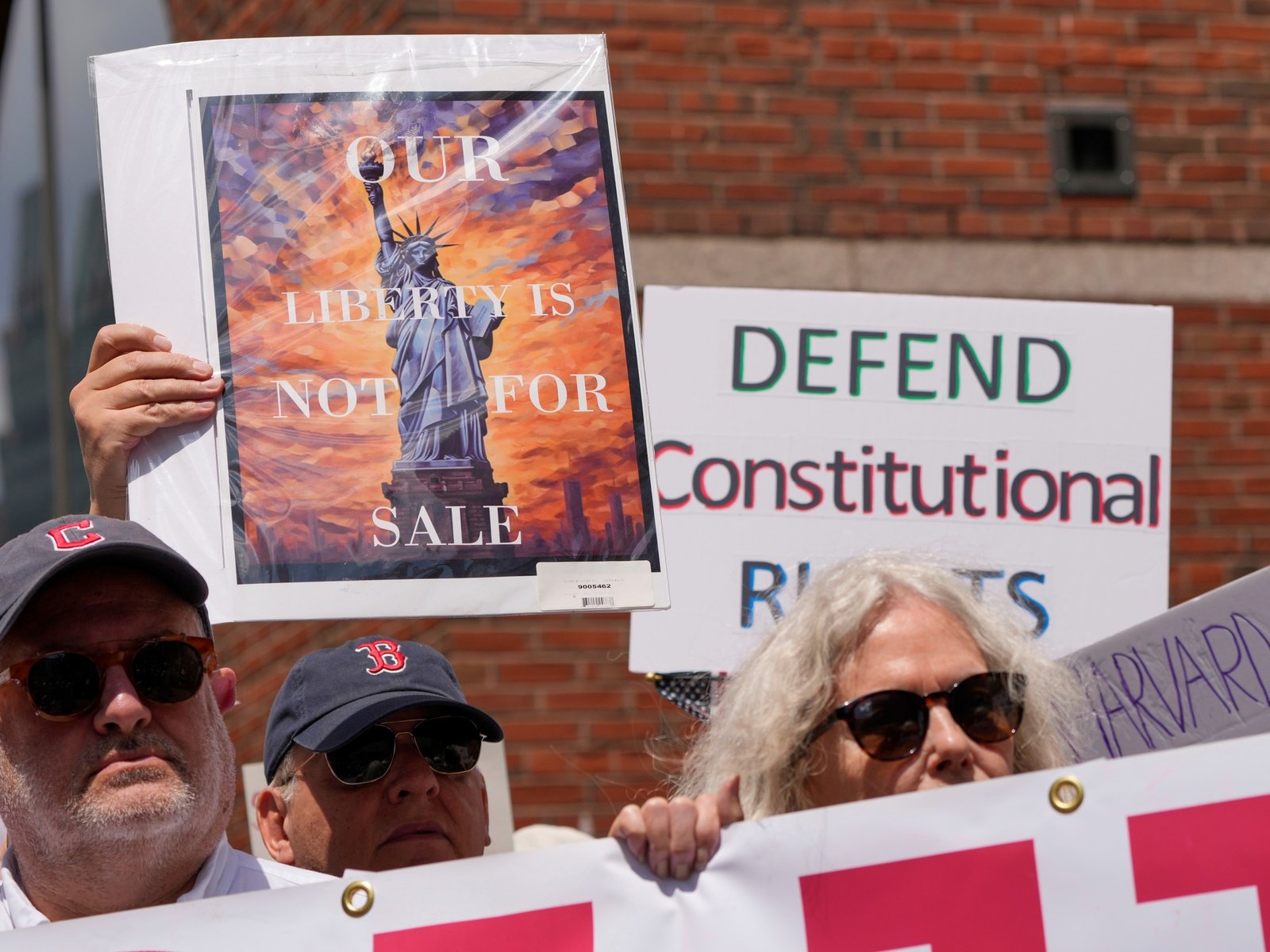
La jueza cuestiona la base de los hallazgos del gobierno sobre antisemitismo
INTERNACIONAL
FBI botched investigation into Hillary Clinton’s emails, declassified documents allege
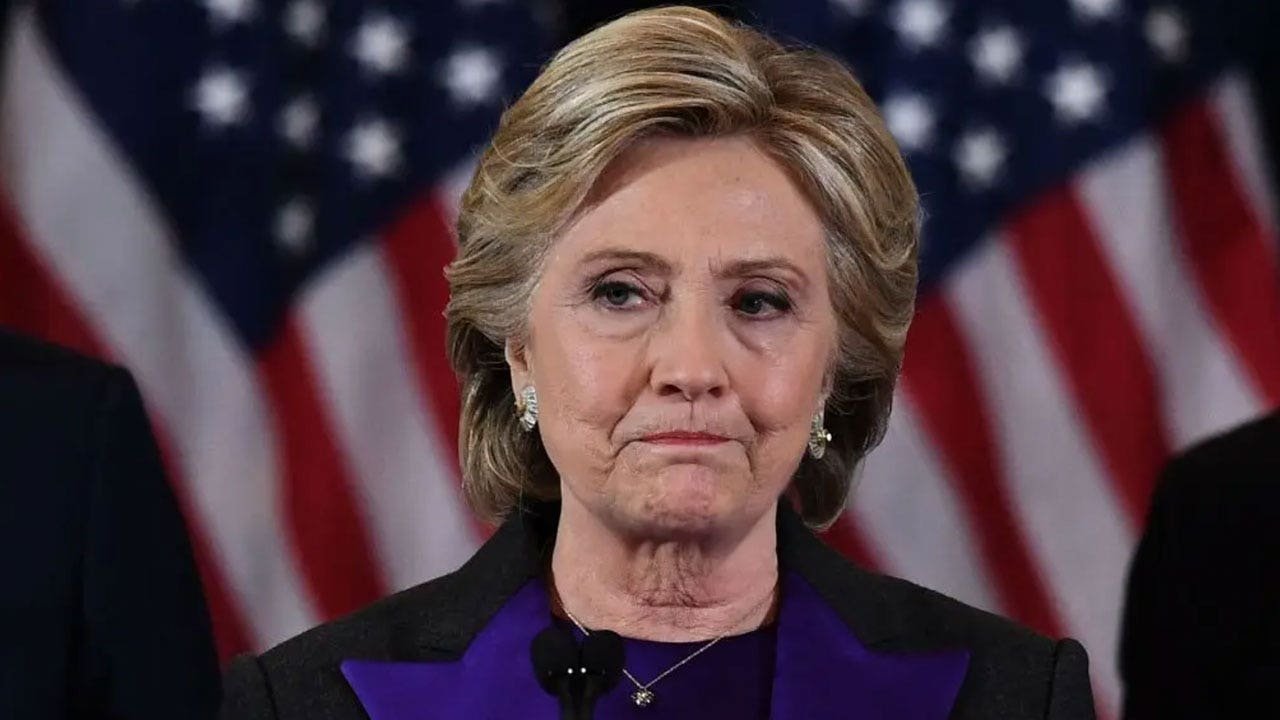
NEWYou can now listen to Fox News articles!
Senate Judiciary Committee Chairman Chuck Grassley released declassified documents related to the FBI’s investigation into former Secretary of State Hillary Clinton’s private email server when she served in the federal government, revealing the FBI reportedly «failed to fully investigate» the matter.
«This document shows an extreme lack of effort and due diligence in the FBI’s investigation of former Secretary Clinton’s email usage and mishandling of highly classified information,» Grassley said in a Monday press release.
«Under Comey’s leadership, the FBI failed to perform fundamental investigative work and left key pieces of evidence on the cutting room floor,» he continued. «The Comey FBI’s negligent approach and perhaps intentional lack of effort in the Clinton investigation is a stark contrast to its full-throated investigation of the Trump-Russia collusion hoax, which was based on the uncorroborated and now discredited Steele dossier. Comey’s decision-making process smacks of political infection.»
Clinton, who served as former President Barack Obama’s secretary of state from 2009 to 2013, was investigated by the FBI over claims she improperly stored or transmitted classified materials on a private email server. The FBI advised the Department of Justice in 2016, ahead of that year’s massive election that pitted Clinton against future President Donald Trump, that Clinton should not face prosecution over the matter.
OBAMA OFFICIALS ADMITTED THEY HAD NO ‘EMPIRICAL EVIDENCE’ OF TRUMP-RUSSIA COLLUSION: HOUSE INTEL TRANSCRIPTS
Senate Judiciary Committee Chairman Chuck Grassley released declassified documents related to the FBI’s investigation into former Secretary of State Hillary Clinton’s private email server and handling of classified materials. (Jewel Samad/AFP via Getty Images)
«Although there is evidence of potential violations of the statutes regarding the handling of classified information, our judgment is that no reasonable prosecutor would bring such a case,» then-FBI director James Comey said in a press release. «Prosecutors necessarily weigh a number of factors before bringing charges. There are obvious considerations, like the strength of the evidence, especially regarding intent. Responsible decisions also consider the context of a person’s actions, and how similar situations have been handled in the past.»
OBAMA OFFICIALS USED DOSSIER TO PROBE, BRIEF TRUMP DESPITE KNOWING IT WAS UNVERIFIED ‘INTERNET RUMOR’
Grassley specifically released declassified materials from the «Clinton annex,» which is an appendix to the Department of Justice Office of Inspector General’s 2018 report that reviewed the DOJ and FBI’s handling of the Clinton investigation. Attorney General Pam Bondi, and other Trump administration leaders at other agencies, declassified the materials and delivered them to Grassley at his request, his press release reported.
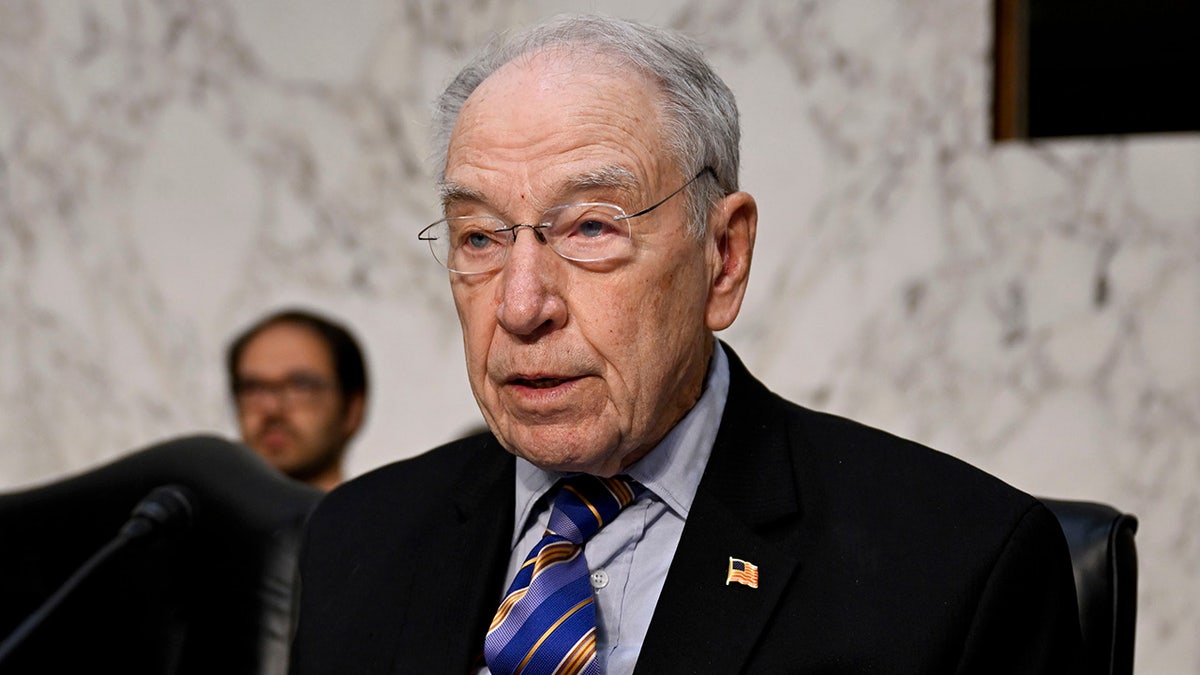
Senator Chuck Grassley reported July 21, 2025, that there was an «extreme lack of effort and due diligence in the FBI’s investigation of former Secretary Clinton’s email usage and mishandling of highly classified information.» ( Daniel Heuer/Bloomberg via Getty Images)
The documents claim that then-FBI Director Comey, as well as other FBI leaders, obtained thumb drives related to their investigation into Clinton, but that the agency failed «to perform additional, targeted searches of the drives,» according to Grassley’s office.
FBI LAUNCHES CRIMINAL INVESTIGATIONS OF JOHN BRENNAN, JAMES COMEY: DOJ SOURCES
The thumb drives reportedly were never reviewed during the investigation, but «contained highly sensitive information exfiltrated from U.S. government agencies, including the Department of State, as well as then-President Barack Obama’s emails and, potentially, congressional information.»
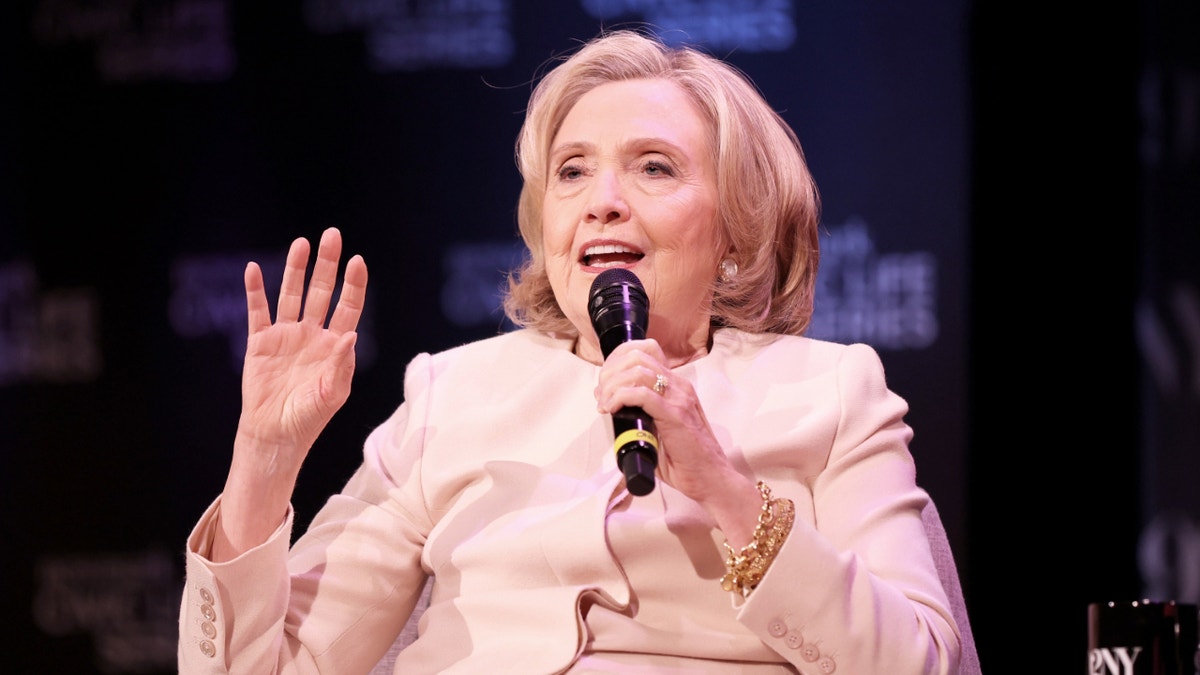
Former presidential candidate Hillary Clinton’s email server is back on the nation’s radar following Sen. Grassley releasing declassified documents. (Getty Images)
The FBI also obtained intelligence that alleged communications between Florida Democrat Rep. Debbie Wasserman Schultz, who served as Democratic National Committee chair until July 2016 when she resigned, and individuals who worked for the Soros Open Society Foundations, which was founded by left-wing billionaire donor George Soros.
GRASSLEY EXPOSES FBI USE OF BIASED SOURCES IN ANTI-TRADITIONAL CATHOLIC MEMOS UNDER BIDEN ADMINISTRATION
«The intelligence reports alleged that the Obama administration took efforts to scuttle the investigation into Clinton and protect her candidacy,» Grassley’s release reported, but that the FBI at the time did «not make serious investigative efforts» into the intelligence reports.
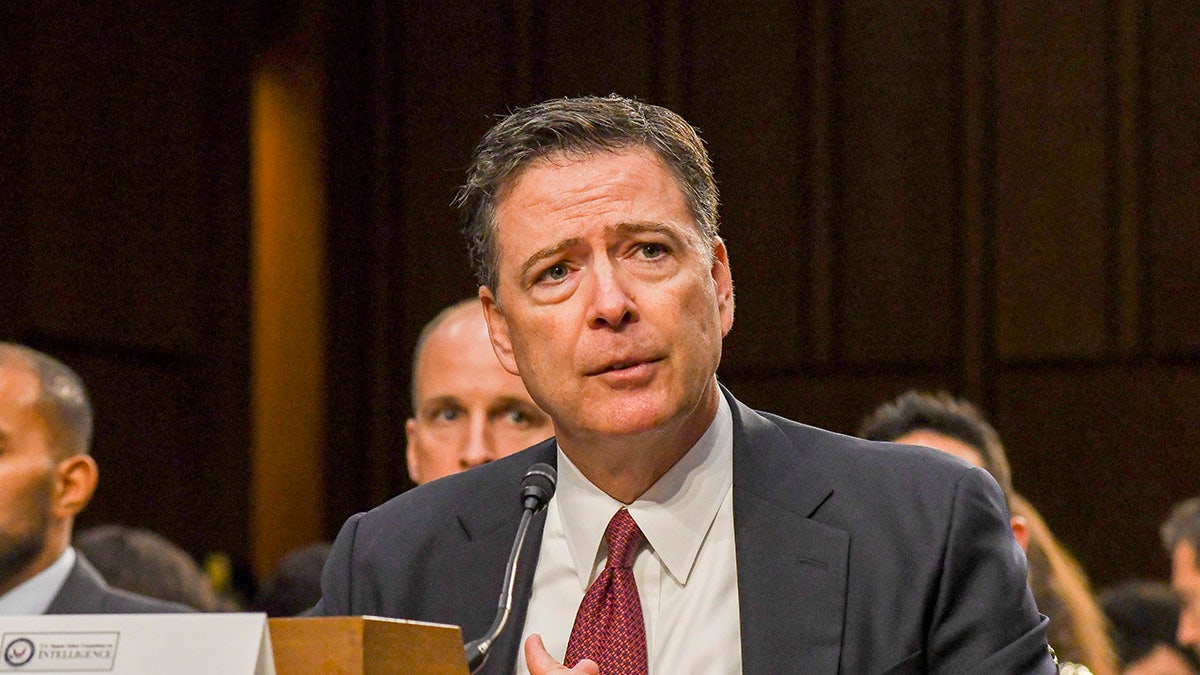
James Comey oversaw the FBI amid its investifation into Hillary Clinton’s emails. (Mark Reinstein/Corbis via Getty Images)
Fox News Digital reached out to Clinton’s office, Wasserman Schultz’s office, the Soros Open Society Foundations and the Kettering Foundation, where Comey currently works as a senior fellow, for comment on Grassley’s release, but did not immediately receive replies.
«I warned years ago that the Clinton investigation failed to hit the mark, and I’m grateful the American people can finally see the facts for themselves,» Grassley said in the press release. «After nearly a decade in the shadows, this information is now coming to light thanks to Attorney General Pam Bondi and FBI Director Kash Patel’s dedicated efforts to fulfill my congressional request.
«I appreciate their ongoing commitment to transparency and strongly urge them to continue to fully review this matter, including its national security impact,» he said.
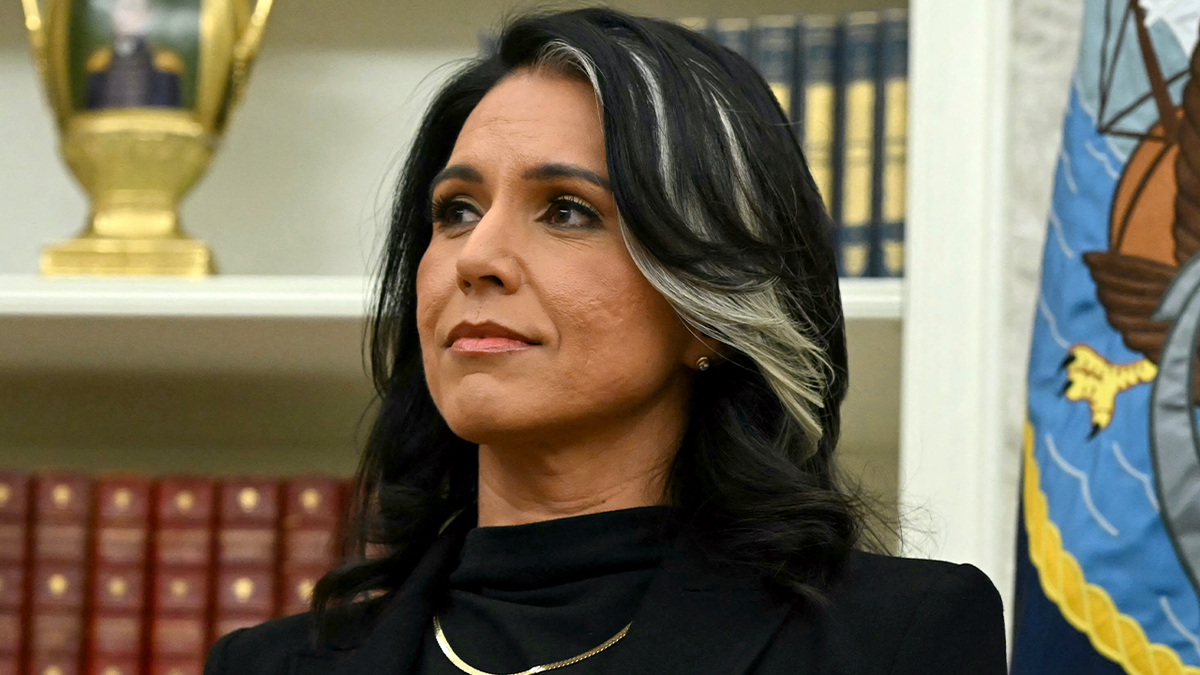
DNI Tulsi Gabbard revealed Obama-era officials allegedly «manufactured and politicized intelligence» to create the narrative that Russia was attempting to influence the 2016 presidential election. (Andrew Caballero-Reynolds/AFP via Getty Images)
Grassley’s release follows Director of National Intelligence Tulsi Gabbard’s bombshell claims that Obama-era officials reportedly «manufactured and politicized intelligence» to create the narrative that Russia was attempting to influence the 2016 presidential election.
Gabbard released unclassified documents Friday that reportedly show «overwhelming evidence» that then-President Obama and his national security team laid the groundwork for what would be the yearslong Trump-Russia collusion probe after Trump’s election win against Clinton in 2016.
CLICK HERE TO GET THE FOX NEWS APP
«Their goal was to usurp President Trump and subvert the will of the American people,» Gabbard had posted to X on Friday regarding the criminal referral. «No matter how powerful, every person involved in this conspiracy must be investigated and prosecuted to the fullest extent of the law. The integrity of our democratic republic depends on it. We are turning over all documents to the DOJ for criminal referral.»
Fox News confirmed earlier Monday that the DOJ received Gabbard’s criminal referral related to the matter but did not share additional comment.
INTERNACIONAL
Iran seeks China, Russia help to stall UN sanctions ahead of nuclear talks with Europeans
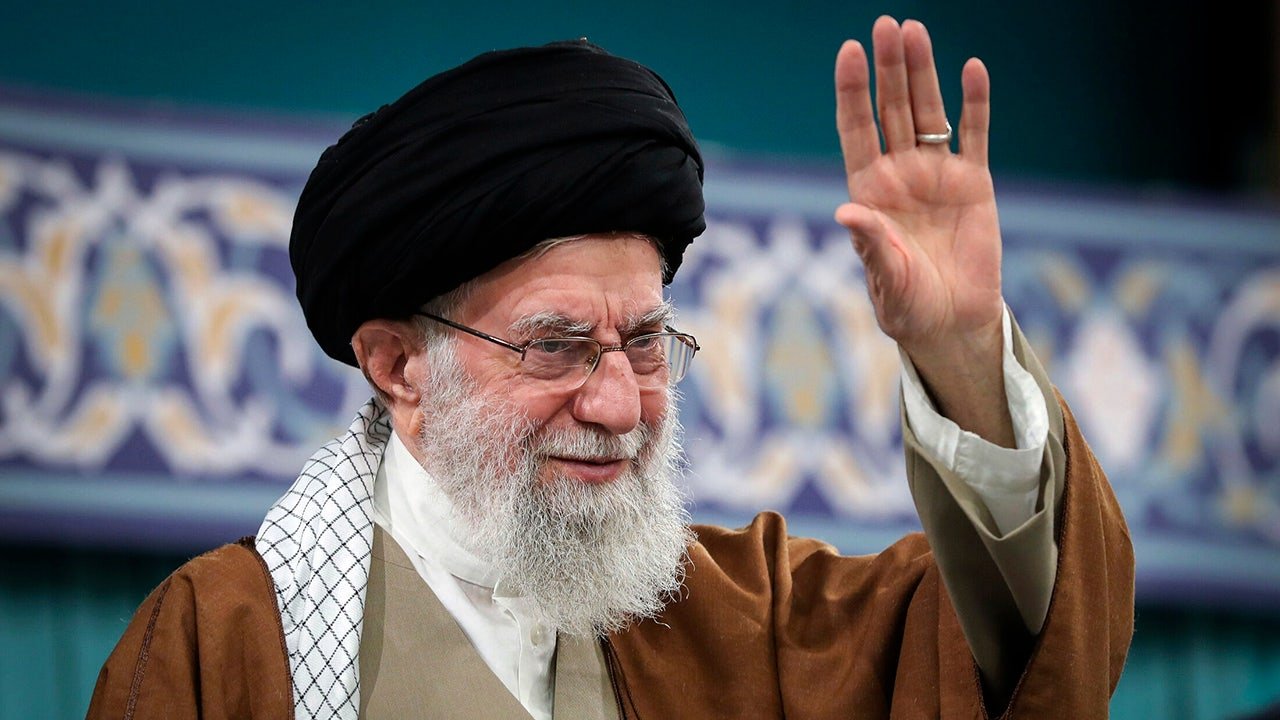
NEWYou can now listen to Fox News articles!
Iran said it will hold talks with Russia and China on Tuesday in an attempt to circumvent U.N. snapback sanctions as the deadline for a nuclear agreement looms.
«We are in constant consultation with these two countries to prevent activation of the snapback or to mitigate its consequences,» Foreign Ministry spokesman Esmail Baghaei said during a Monday press briefing, reported Iran International. «We have aligned positions and good relations.»
Both China and Russia are signatories of the 2015 Joint Comprehensive Plan of Action (JCPOA), an agreement that seemingly failed to end Iran’s nuclear ambitions following the U.S. withdrawal from the deal under the first Trump presidency in 2018 and the subsequent nuclear advances Tehran made.
Chinese Foreign Minister Wang Yi stands with Russian Deputy Foreign Minister Sergey Ryabkov and Iranian Deputy Foreign Minister Kazem Gharibabadi, before a meeting regarding the Iranian nuclear issue on March 14, 2025, in Beijing. (Pool via Reuters)
IRAN VOWS RETALIATION IF UN SECURITY COUNCIL ISSUES SNAPBACK SANCTIONS ON ANNIVERSARY OF NUCLEAR DEAL
The news of the impending meeting comes one week after France, Germany and the U.K. announced they would enforce snapback sanctions on Tehran if it fails to enter into a new nuclear agreement by the end of August.
What would need to be included in a new nuclear deal remains unclear and Iran has not yet renewed nuclear negotiations with the U.S. after Washington levied significant strikes against its top atomic facilities last month in coordination with Israel.
The snapback mechanism was reserved under the JCPOA and allows any signatory of the agreement to recall stiff international sanctions on Iran to be enforced by all 15 members of the United Nations Security Council – including Russia and China – if Tehran is determined to have violated the terms of the 2015 deal.
Since the first Trump presidency, the U.S. has threatened the use of snapback sanctions, though Washington can no longer call for the re-implementation of the economic tool as it left the agreement – a decision determined by the U.N. and the other JCPOA signatories.
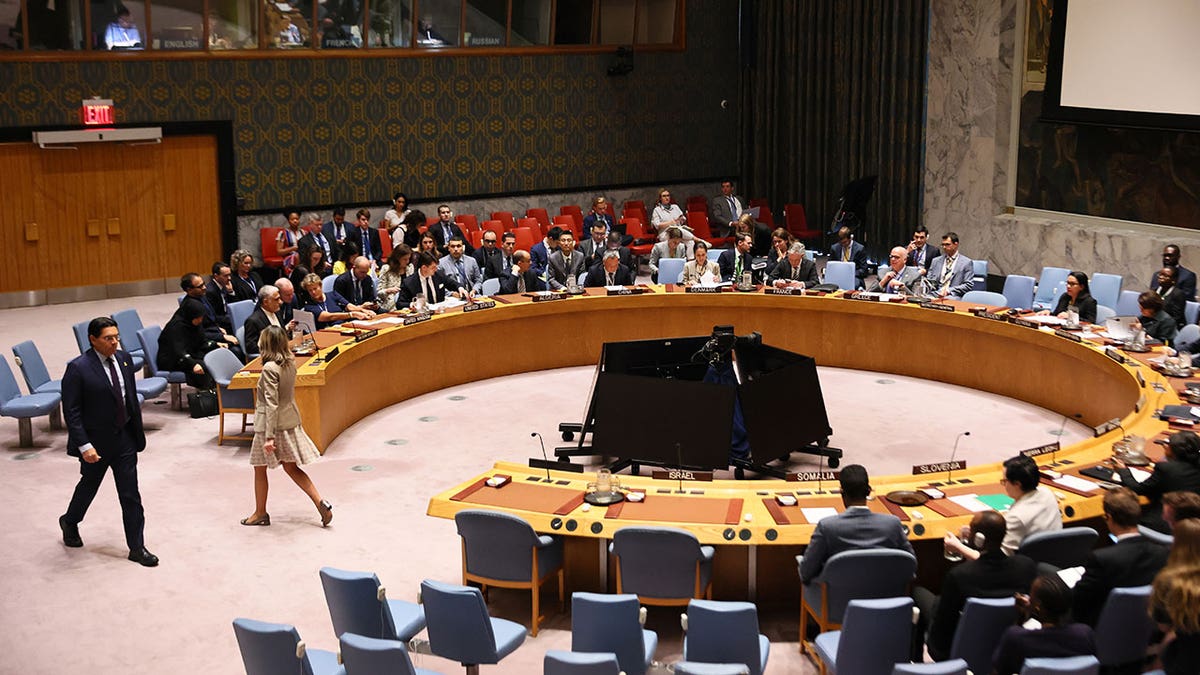
The Security Council meets at United Nations headquarters on June 13, 2025, in New York City. (Michael M. Santiago/Getty Images)
IRAN FACES AUGUST DEADLINE TO ACCEPT COMPREHENSIVE NUCLEAR DEAL OR FACE RENEWED UN SANCTIONS
But top D.C. officials, like Secretary of State Marco Rubio, have continued to encourage European allies to use this tool to push Iran to cease nuclear development.
Iran is also set to hold talks with France, Germany and the U.K. – an alliance also known as the E3 – this Friday, though the window to secure a new nuclear deal is closing despite years of repeated attempts.
«Snapback at the UNSC remains, not just the Trump administration’s, but the international community’s most powerful political and diplomatic tool against the Islamic Republic of Iran’s nuclear program,» Behnam Ben Taleblu, Iranian expert and senior director of the Foundation for Defense of Democracies’ Iran program, told Fox News Digital.
«Snapback and a restoration of older, tougher UNSC resolutions that contain arms export prohibitions, missile testing prohibitions, as well as a panel of experts to monitor sanctions compliance, will actually magnify the political and military dividends that the U.S. and Israeli strikes have given,» he added.

A banner depicting Ayatollah Ali Khamenei is placed next to a ballistic missile in Baharestan Square in Tehran, Iran, on Sept. 26, 2024. (Hossein Beris/Middle East Images/AFP via Getty Images)
CLICK HERE TO GET THE FOX NEWS APP
Security experts have been sounding the alarm for months that it will take roughly six weeks for U.N. sanctions to be enforced, largely due to procedural reasons, and the ability to enforce snapback sanctions under JCPOA terms will expire on Oct. 18.
Ben Taleblu also warned that these intense sanctions on Iran could instigate further security threats to the West when it comes to Tehran’s nuclear program, as it could prompt Iran to leave other major international nuclear agreements like the Treaty on the Non-Proliferation of Nuclear Weapons (NPT).

 POLITICA2 días ago
POLITICA2 días agoJuan Carlos Maqueda defendió la condena contra Cristina Kirchner: “Hay una sensación de que se hizo Justicia y que no hay impunidad”

 ECONOMIA3 días ago
ECONOMIA3 días agoAlarma por el dólar: la volatilidad se mantiene, pese a las medidas urgentes de Caputo

 POLITICA23 horas ago
POLITICA23 horas agoExpulsada del Gobierno, Victoria Villarruel empieza a tomar distancia, pero no tiene proyecto político para este año
























